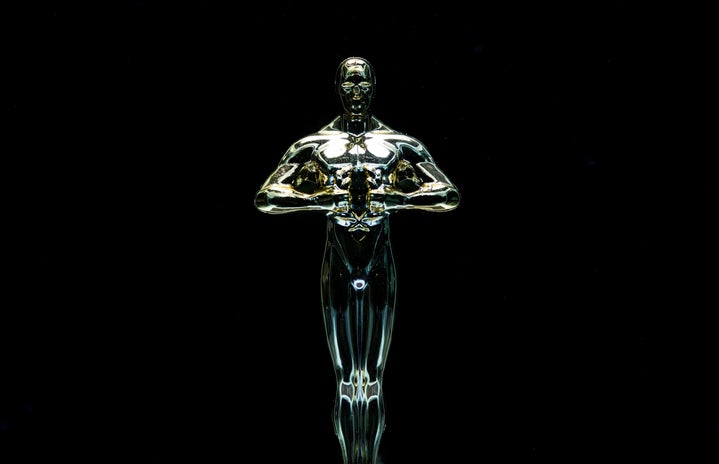The 2023 Oscars was full of surprises – all at once (pun intended). Asian representation was in full swing, with Ke Huy Quan’s “Everything Everywhere All At Once” sweeping multiple categories. Although this year was absent of any jaw-dropping slaps, what stunned many people – myself included – was that “Naatu Naatu”, a Telugu song from the hit movie RRR won for Best Original Song. Seeing this song on every social media platform is truly a win for South Asian representation – but like anything else within Indian cinema, it is not black and white.
I don’t speak Telugu, but according to the articles I’ve read, “Naatu Naatu” translates to “loose” or “wild” in the language. In the original movie, it is performed by actors Ram Charan and N.T. Rama Rao Jr. What I found interesting was that rather than the two actors wearing traditional Indian outfits, they are dressed in suspenders and colonial-era costumes – very different from the perception of a typical Indian music video. It’s unique that this song – set against the backdrop of British oppression in India – has captured a global audience.
However, a song doesn’t wash away the problems with Hollywood. At the Oscars, the song – despite being made by Telugu cinema (commonly known as “Tollywood”) was referred to as a “Bollywood song” by Jimmy Kimmel. Although this could be just a misconception, Bollywood (the mainstream Indian film industry), has often been criticized for stereotyping South Indians and promoting harmful tropes. Hopefully, this song being nominated can educate the world about how Indian cinema isn’t one dimensional or restricted to Bollywood: it is as diverse as the cultures and languages that make up India itself.
Another complication comes with the performance of the song itself at the Oscars – despite the fact that South Asian dancers in the US are plentiful and talented, none of the performers themselves were South Asian. This raises yet another question about representation: if the point is to share regional culture, shouldn’t it be done by South Asians? While we don’t know the reason why no South Asian dancers were asked to perform, it’s clear that the song’s nomination has sparked a conversation about supporting Desi artists. Many Indian-American choreographers have pointed out that the Academy had the resources and ability to hire South Asian dancers – it had to have been a conscious choice.
And at the end of the day, that’s exactly what representation is: a choice. Naatu Naatu’s win is a choice made by the Academy that they have to commit to. Many people still view Indian cinema as a cascade of song-and-dance rather than tackling real social issues, and I hope that more movies make it to award shows just like RRR.


